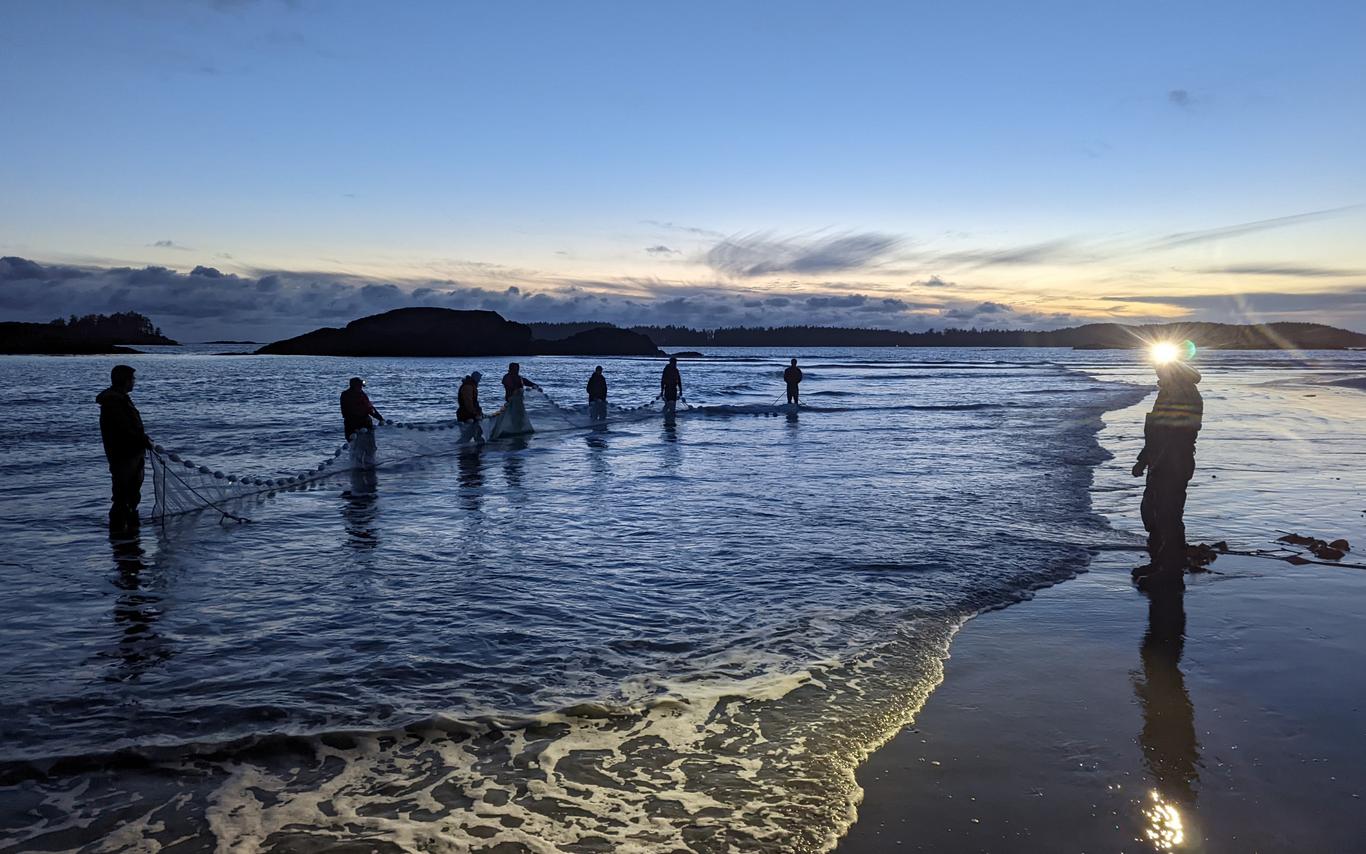Start Date and Application Deadline
The program starts in September and applications are accepted between October 3 and March 31. For further information regarding late applications and program contacts check the Start Date, Deadlines, and Additional Application Details.
General Admission Requirements for RMOT Diploma Program
- General admission requirements apply
- English 12 with minimum “C” grade, or equivalent
- A minimum “C” grade in either Principles of Mathematics 11 or Foundations of Mathematics 11, or a minimum “C+” grade in Applications of Mathematics 11, or equivalent
- Biology 11 with minimum “C” grade, or equivalent
- Personal Profile.*
- 2 completed Referee forms.*
- Interview may be required
* Revised application flowchart.
Note: depending on your web browser you might have to download the form to allow yourself to fill the boxes. Don't forget to save your form!
Recommendations for Admission
- Completion of the BC Ministry of Environment and Climate Change CORE program
- Biology 12
- Chemistry 11
- Mathematics 12
- Hands-on computer experience, including skills in MS Windows
Notes on Admission
- Good health is essential, as this program includes a standard of physical fitness
- Criminal record check may be required by agencies that employ graduates as natural resource officers
- Consideration will be given to mature students without grade 12 provided they have completed the minimum course requirements before applying
- During the program, students are required to complete Occupational Level I First Aid (or equivalent), in accordance with Worksafe BC requirements
- Enrolment in this program is limited. Students who meet or exceed the minimum admission requirements may not necessarily be admitted to the program
Upgrading Opportunities for Mature Students
Candidates who have been in the work force removed from a high school environment that are needing to upgrade to meet the general admission requirements of the RMOT Diploma have opportunities available at Vancouver Island University.
Career and Academic Preparation (CAP)
Adult Basic Education (ABE) offers
- A supportive adult-centred learning environment
- Small class sizes
- Free tutorial assistance
- Advising, counselling, and student support services
- Assistance with course planning to meet your goals
- Daytime and evening classes
- A variety of options, from instructor-led classes to self-paced, flexible-schedule classes
Learn more about Adult Basic Education
Aboriginal University Bridging Certificate Program
The comprehensive bridging program provides Aboriginal adult learners with access to knowledge, tools, and skills to successfully enter University. The program will be of interest to students who want to complete pre-requisite requirements as they transition to post-secondary education (academic, ABE or trades).
Transferability to the Resource Management Officer Technology Diploma Program with a Fish and Wildlife Diploma/ Degree
from another institution (examples: BCIT, Selkirk, Lethbridge Community College)
Each candidate and his/her credentials are examined on a case-by-case basis. In general, the minimum requirements for the candidate to complete is the second year of the RMOT Diploma program.
Transferability to the Bachelor of Natural Resource Protection Program with a Fish and Wildlife Diploma/ Degree
from another Canadian institution (examples: BCIT, Selkirk, Lethbridge Community College)
Each candidate and his/her credentials are examined on a case-by-case basis.
Candidates are required to satisfy the institutional residency requirement by completing a minimum of 42 upper level credits (third and fourth year courses numbered 300 or higher) at Vancouver Island University. Transfer credit for third and fourth year courses into the degree program must be approved beforehand by the Degree Advisor. Diploma graduates from similar fish, wildlife and recreation programs taken at other Canadian institutions may block transfer into the spring semester of the second year of the RMOT diploma program, and apply to the degree program the following year.
Applicants holding the above mentioned diploma, from another Canadian institution, and with a minimum of three to five years of related law enforcement experience with a natural resource agency, may be granted direct entry into year three of the Bachelor of Natural Resource Protection program.
All degree applicants must include a detailed cover letter and resume, outlining his/her relevant law enforcement experience. Current references must also be included in the application package.
